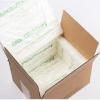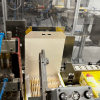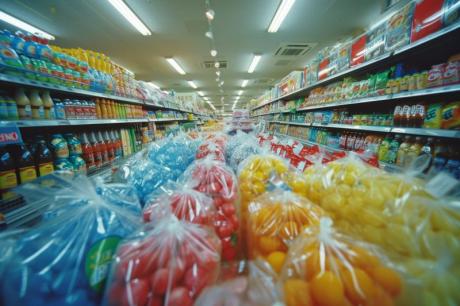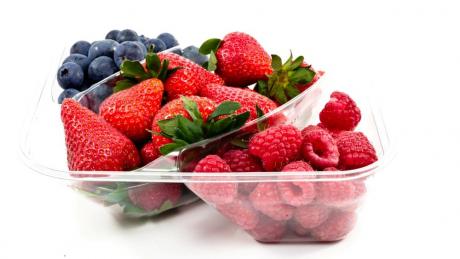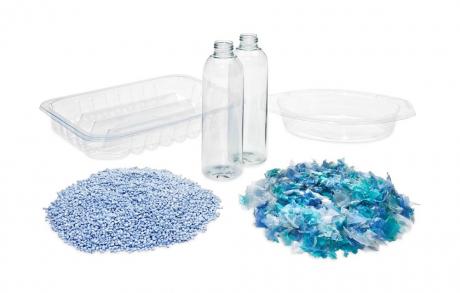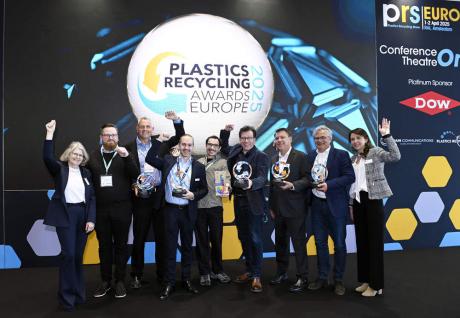SBTi, that is Science Based Target initiative, defines and promotes best practice in emissions reductions and net-zero targets in line with climate science. In addition, it provides technical assistance and expert resources to companies who set science-based targets in line with the latest climate science.
In this regard, Verallia, one of the leading producers of glass packaging for beverages and food products, has recently announced that SBTi has validated its CO2 reduction targets. Indeed, the company has become the first glass packaging producer to commit to the most ambitious target of limiting global warming to +1.5°C compared to pre-industrial temperatures, in line with the recommendations of the Intergovernmental Panel on Climate Change (IPCC) and the Paris Climate Agreement.
Michel Giannuzzi, chairman and CEO of Verallia stated: “I am very proud of SBTi's validation of our CO2 emissions reduction target, which places Verallia at the forefront of its industry. This is excellent news that once again confirms the legitimacy of our sustainability strategy and the continued relevance of our purpose. We must continue our efforts to meet the challenge of the transition to a carbon-neutral society, in which the packaging sector has a leading role to play.”
After unveiling its Purpose "Re-imagine glass for a sustainable future" in 2020, Verallia has made some very ambitious commitments in 2021, including:
· A 46% reduction in Scope 1 (GHG that occur from sources that are controlled or owned by an organization) and 2 (indirect GHG emissions associated with the purchase of electricity, steam, heat, or cooling) emissions between 2019 and 2030
- Keeping Scope 3 (all indirect emissions, not included in scope 2, that occur in the value chain of the reporting company) emissions below 40% of total emissions by 2030
- Achieving carbon neutrality in 2050 for Scope 1 et 2 emissions
- Implementing a pilot project in France by 2025
To achieve these goals, Verallia is relying on three levers on which the group has already made major progress:
- Changing the raw material mix: Verallia actively supports the goal set by the Feve (European Packaging Glass Federation) of 90% cullet collection in Europe so that it can be reused in production. Cullet, which is derived from glass recycling, requires less energy to melt and uses fewer raw materials that emit carbon dioxide during melting. In this respect, Verallia has initiated numerous projects to collect and process recycled glass. The Group has already made significant progress with a cullet rate of 55% in its production in 2021, compared to 51% in 2020, and a target of 59% in 2025.
- Reducing energy consumption: Verallia is deploying technological solutions to drastically reduce the energy needs of its plants. Verallia has announced ambitious innovation projects for new electric or hybrid furnaces in France and abroad. Alongside these projects, Verallia continues to prepare its plants for increased use of hydrogen and renewable energies as an alternative to natural gas.
- Increasing the use of green energy: in addition to its projects for more environmentally efficient furnaces, Verallia has signed long-term contracts for the supply of low-carbon electricity in most of the countries where the group operates, while continuing to look for sustainable renewable fuel sources to provide long-term alternatives to natural gas.


